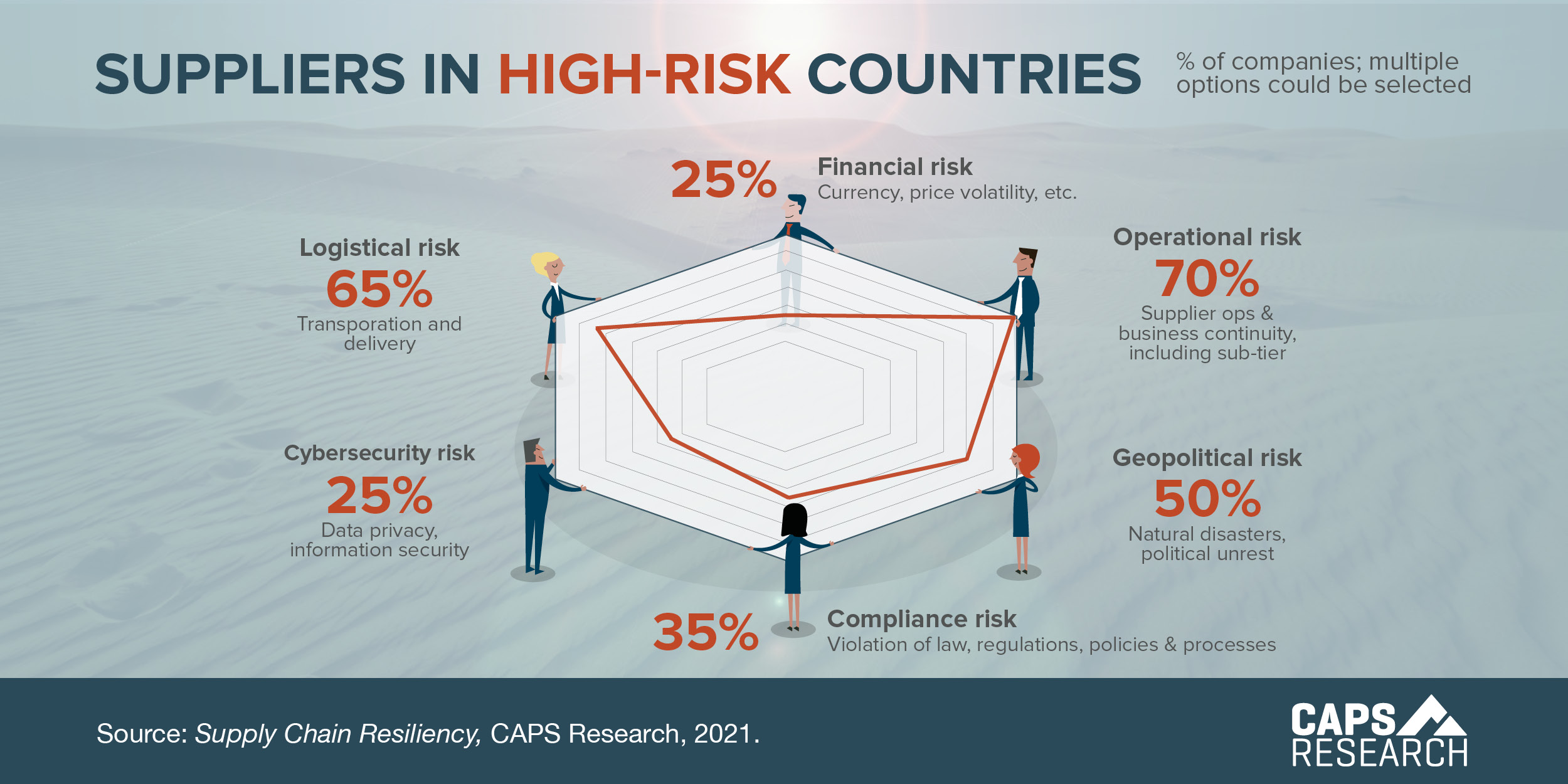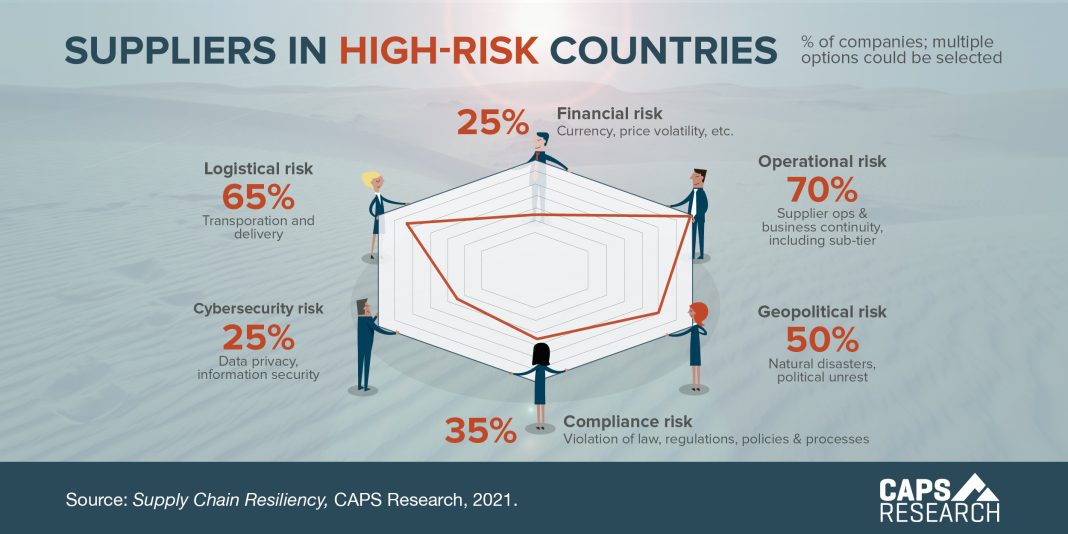 Small businesses are expressing concerns about persistently higher supplier prices, as producer prices continue to rise. The Producer Price Index (PPI) for June showed a 0.2 percent increase, surpassing the consensus estimate of 0.1 percent. This follows a flat reading in May, which was revised higher from negative 0.2 percent. The rise in prices was primarily driven by a 0.6 percent increase in prices for final demand services, while goods inflation fell 0.5 percent.
Small businesses are expressing concerns about persistently higher supplier prices, as producer prices continue to rise. The Producer Price Index (PPI) for June showed a 0.2 percent increase, surpassing the consensus estimate of 0.1 percent. This follows a flat reading in May, which was revised higher from negative 0.2 percent. The rise in prices was primarily driven by a 0.6 percent increase in prices for final demand services, while goods inflation fell 0.5 percent.
On a year-over-year basis, the PPI climbed higher than expected, reaching 2.6 percent, up from the upwardly revised 2.2 percent in the previous month. The PPI has now increased in five of the last six months. The Core PPI, which excludes volatile energy and food components, also saw a significant increase of 0.4 percent, surpassing the market estimate of 0.2 percent.
This trend is further supported by the Core wholesale prices, which rose to 3 percent year over year in June, exceeding economists’ expectations of 2.5 percent. This represents the highest figure since April 2023. Since January 2021, the PPI has surged nearly 25 percent, compared to a close to 20 percent rise in the Consumer Price Index (CPI) during the same period.
The PPI is closely monitored by economists as it serves as an early indicator of future inflation trends within the supply chain. However, it is important to note that the latest CPI data showed a slowdown in inflation to 3 percent in June, suggesting progress in curbing inflation.
Looking ahead, the Federal Reserve’s preferred measure of inflation, the Personal Consumption Expenditures (PCE) price index, will provide further insights. The June PCE figures are expected to ease to 2.4 percent and will be published on July 26.
The upward trend in wholesale inflation is not surprising for small business owners, who have been grappling with rising supplier prices. According to the latest Freedom Economy survey by RedBalloon, nearly 72 percent of small businesses reported an increase in supplier prices in June. Andrew Crapuchettes, the CEO of RedBalloon, expressed concerns about the lack of stability and predictability in wholesale prices and the economy as a whole.
While the percentage of small business owners experiencing higher supplier prices in the past 30 days is still significant, it represents the lowest reading in seven months. This is consistent with the findings of the Purchasing Managers’ Index (PMI) reports, which indicate a direction of economic trends. The latest PMIs showed that input costs continued to rise sharply in manufacturing, while selling prices climbed at a slower pace year-to-date. Prices also remained in expansion territory for both manufacturing and services.
Despite the increase in producer prices, U.S. financial markets remained relatively unchanged. The tech-heavy Nasdaq Composite Index experienced a slight decline, while the broader market saw gains as investors rotated out of tech stocks. Treasury yields were mixed, with the benchmark 10-year yield reaching 4.2 percent. The futures market is pricing in a rate cut at the Federal Open Market Committee meeting in September, reflecting expectations of looser monetary policy by the Federal Reserve.
Although the slightly higher PPI reading did not reverse the downward trend of the U.S. Dollar Index (DXY), which fell below 104.2, it is important to monitor how these inflationary pressures and market reactions unfold in the coming months.


